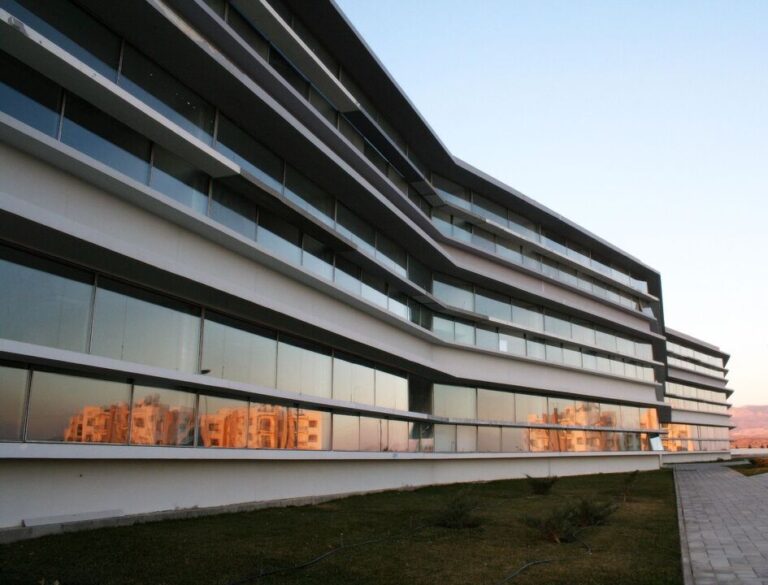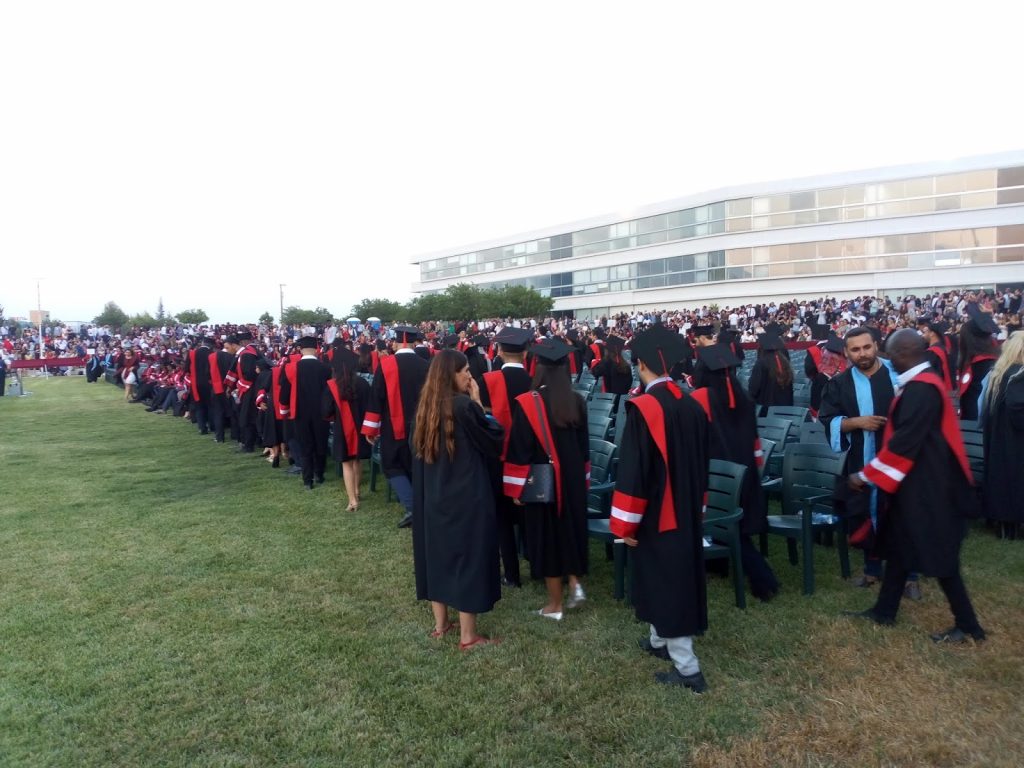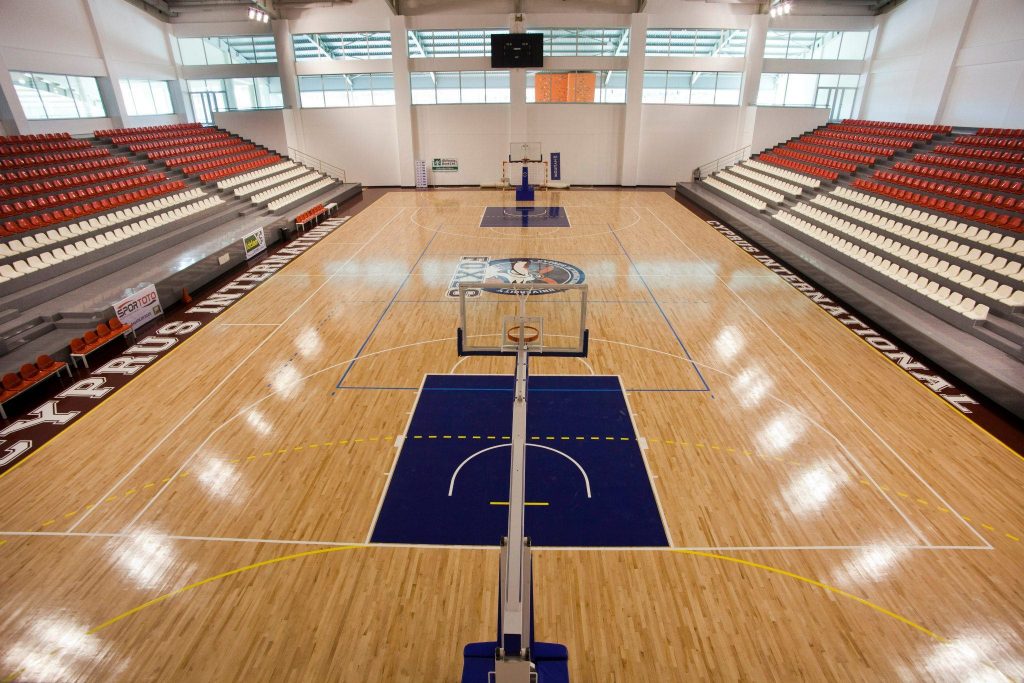Just outside of Nicosia, the capital of North Cyprus, is where you’ll find Cyprus International University. The 1997-founded university gives students from more than 100 nations access to more than 100-degree programs. The institution is a member of the Levent Group of Companies and maintains tight ties with affiliate construction, international trade, manufacturing, energy, banking, dairy farming, poultry farming, agriculture, and various other sectors. As a result, the institution can provide excellent hands-on learning opportunities that span the campus, the classroom, and numerous workplaces.


CIU has rapidly expanded, going from 81 students and 45 employees in 1997 to 20,000 students and more than 1000 employees in just 26 years. Cyprus International University (CIU) has prioritized international cooperation and development ever since its founding, and as a result, it has grown to be a respected and internationally recognized institution of higher learning. CIU is working to expand its global presence through several ongoing and existing agreements.
CIU has received accreditation for its programs from numerous reputable accreditation institutions and has become a member of many organizations to improve the quality of education it offers.
CIU has numerous memberships, various accreditations, and recognitions.
CIU Arena contains an indoor sports hall, indoor swimming pool, fitness center, climbing wall, squash, dance area, and outdoor courts (In addition to the football, basketball, volleyball, and tennis courts in the open area, beach volleyball, beach handball, and beach football games can be played in the sand area). The complex serves students and the public seven days a week.
The Social Events Coordination unit enables students to fill their free time outside of class with productive activities. It enables students to participate in scientific research, discussions, and a variety of intellectually and physically enhancing activities that supplement academic programs in the realms of expertise, culture, art, and thinking, as well as sports clubs, according to their preferences and needs. Clubs help students and other university employees work together more effectively while they are in school. It serves as a conduit for members to interact socially and offer one another practical and moral support.


